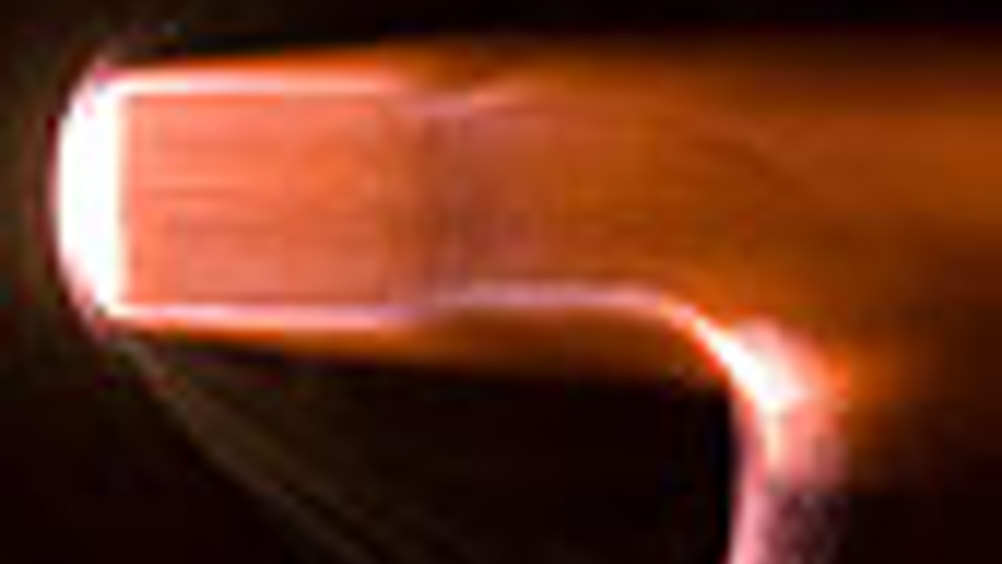NASA picks heat shield team

NASA has selected Boeing and Textron Systems to develop alternate heat shield materials for the Orion crew exploration spacecraft.
The two contracts for Alternate Block 2 Thermal Protection System (TPS) Materials and Heat Shield Systems Advanced Development will support development and testing of three alternative heat shield materials, designs and manufacturing processes. Under the contracts, the companies will work to ensure the technologies are mature enough to become viable backups if there are difficulties with the primary material.
NASA's Constellation Program is developing Orion as
Register now to continue reading
Thanks for visiting The Engineer. You’ve now reached your monthly limit of news stories. Register for free to unlock unlimited access to all of our news coverage, as well as premium content including opinion, in-depth features and special reports.
Benefits of registering
-
In-depth insights and coverage of key emerging trends
-
Unrestricted access to special reports throughout the year
-
Daily technology news delivered straight to your inbox










Water Sector Talent Exodus Could Cripple The Sector
Maybe if things are essential for the running of a country and we want to pay a fair price we should be running these utilities on a not for profit...